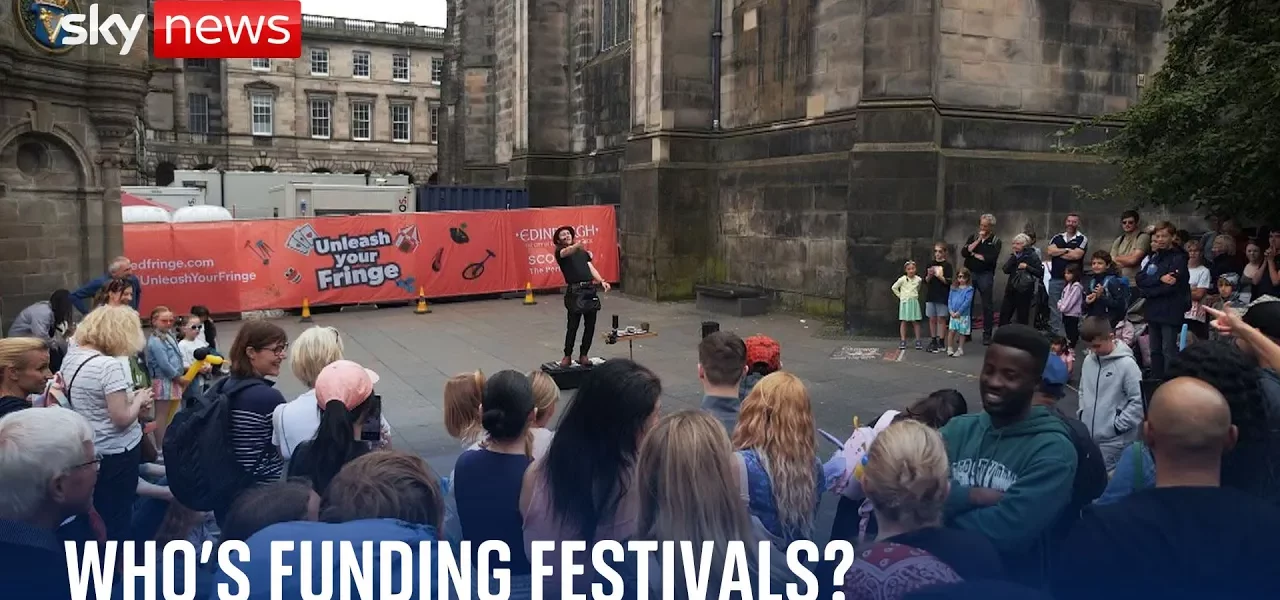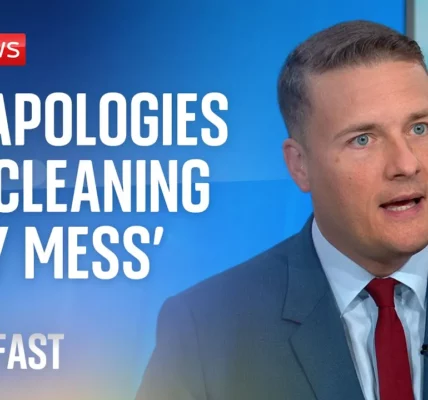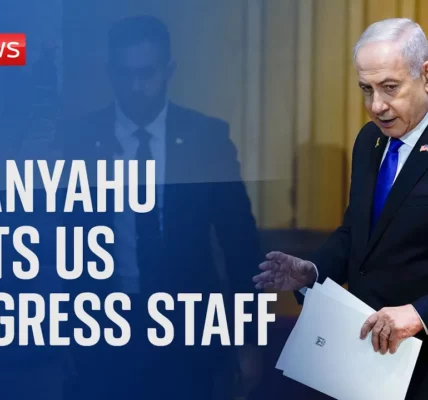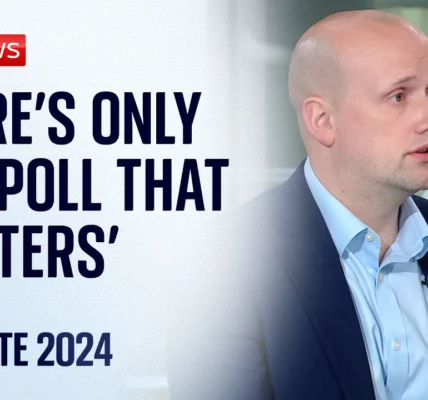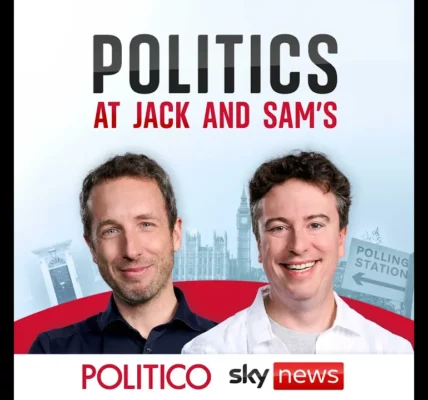Contrasting Perspectives on Festival Funding in Edinburgh

In the vibrant cultural landscape of Edinburgh, two major arts events—the Edinburgh Book Festival and the Fringe Festival—are highlighting the ongoing debate about festival funding and corporate sponsorship. This article delves into the implications of financial support from controversial sources and how it affects the arts community.
Introduction
This summer, the Edinburgh arts scene is buzzing with activity, notably with the Edinburgh Book Festival kicking off alongside the renowned Fringe Festival. However, beneath the surface of this celebratory atmosphere lies a contentious discussion about the ethics of festival funding. The recent decision by the Book Festival to sever ties with its sponsor, investment management firm Baillie Gifford, showcases the complex relationship between arts organizations and their financial backers. This article explores the various positions surrounding festival funding, the protests that have influenced these decisions, and the broader implications for the arts community.
Festival Funding: A Double-Edged Sword
Festival funding has become a critical topic of discussion, especially in light of recent events. With the Edinburgh Book Festival’s decision to cut ties with Baillie Gifford following protests over the firm’s links to Israel and fossil fuel companies, the conversation has shifted towards the moral responsibilities of arts organizations.
The Edinburgh Book Festival’s Controversy
The Book Festival’s sponsorship withdrawal reflects a significant stance against perceived unethical funding sources. After an incident during a literary event last year that sparked outrage, the festival’s leadership faced growing pressure from activists.
- Protests against Baillie Gifford’s investments and their implications.
- The impact of these protests on the festival’s reputation and financial stability.
- Responses from Baillie Gifford and the arts community.
The Fringe Festival’s Response
In contrast, the Fringe Festival has maintained its relationship with sponsors, leading to criticism from various artists and activists. Shona McCarthy, CEO of the Fringe, acknowledged the financial struggles faced by many arts organizations, stating that they are expected to uphold high values while battling economic challenges.
The Role of Activism in Arts Funding
Activism within the arts community plays a crucial role in shaping funding policies. Many artists advocate for a more principled approach to sponsorship, arguing that accepting funds from controversial sources undermines the integrity of the arts.
The Argument for Ethical Sponsorship
Proponents of ethical funding emphasize the importance of aligning financial support with the values of the arts community. They argue that:
- Artists should not compromise their values for financial gain.
- Corporate sponsorship can lead to ethical dilemmas and public backlash.
- Protests can foster solidarity among artists and encourage collective action.
Counterarguments: The Challenges of Boycotting
On the other hand, some critics warn that aggressive boycotts can jeopardize arts organizations’ viability. They argue that:
- Boycotting sponsors may lead to a loss of funding, potentially harming festivals.
- Not all organizations have the luxury to refuse corporate support.
- A balanced approach is necessary to protect the arts while promoting ethical practices.
The Future of Arts Festivals
As the summer of discontent unfolds, the scrutiny surrounding arts festival financing continues to grow. Organizations like the Green Man Festival have chosen to remain free from corporate sponsorship, setting an example for others in the industry.
Innovative Funding Models
The challenges faced by festivals could pave the way for innovative funding solutions. Some potential alternatives include:
- Community-supported funding through crowdfunding initiatives.
- Increased public funding and grants for arts organizations.
- Collaborative models that involve multiple stakeholders in funding decisions.
Conclusion
The debate surrounding festival funding in Edinburgh encapsulates a larger conversation about ethics, financial sustainability, and the future of the arts. As artists, activists, and organizers navigate this complex landscape, it is essential to find common ground that respects both artistic integrity and financial necessity. By fostering dialogue and exploring innovative funding models, the arts community can work towards a more equitable and sustainable future. For those interested in the ongoing developments in festival funding and the arts, stay tuned for further discussions and insights.
“`
